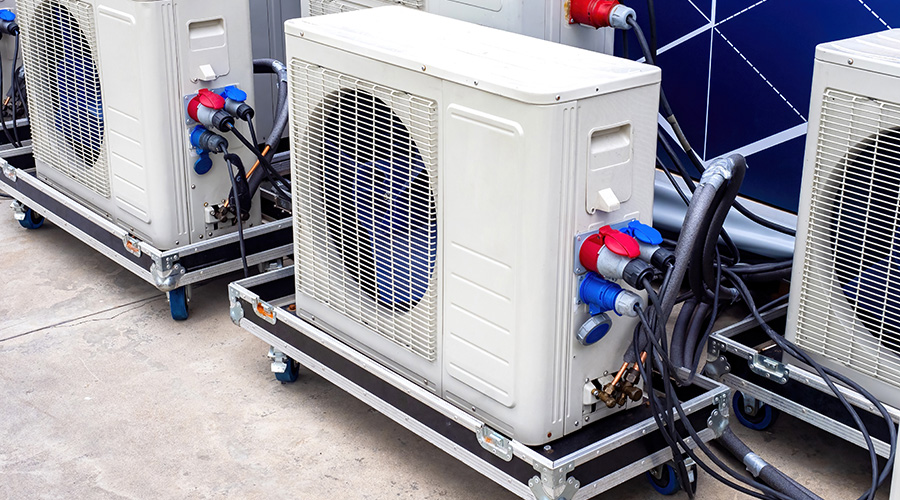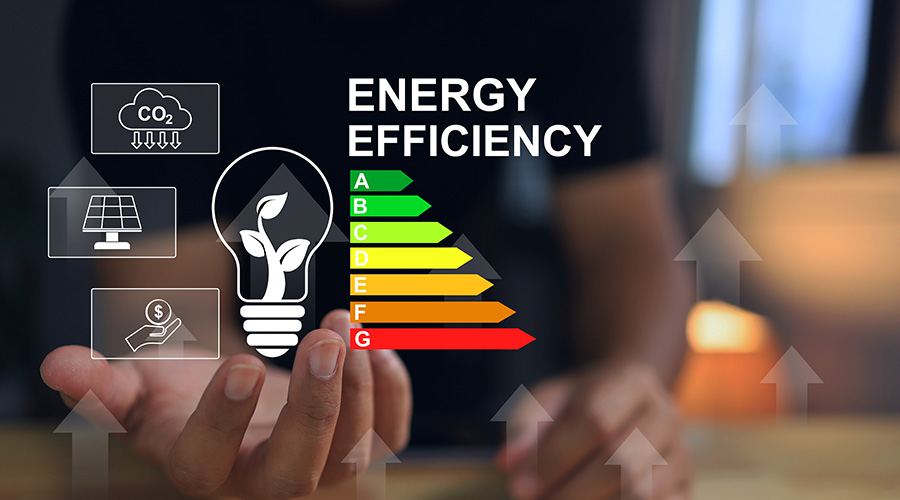Boilers and Water Heaters: A How-To Training Guide
One of the most effective condition-monitoring practices involves the technician conducting a routine plant inspection of boiler and water heater operations during regular plant tours. The technician's knowledge, experience, and familiarity with the plant are invaluable tools in plant diagnostics, but organizations too often lose this familiarity due to frequent technician turnover.
Plant maintenance differs from operations, but managers should include maintenance training as a part of an operator's long-term personnel plan. Because operators generally want to expand their capabilities to include other plant equipment, managers should keep these goals in mind when considering ways to increase employee retention.
To determine training needs for boiler operators, managers first must consider any given state's rules governing boilers that require a licensed operator, as well as the level of experience and education required to obtain a boiler operator's license. Some states require workers to obtain certain levels of education and training before performing various operational tasks. To meet these needs, managers will have to determine the training and education each boiler operator requires.
After setting training objectives, the next step is to explain the objectives clearly. In doing so, managers can use operating logs to walk trainees through each step. Because people have different learning styles, a step-by-step plan incorporating reading and hands-on application can be a valuable training tool.
After operators have completed training, managers need to verify trainees comprehended all pertinent information. A written test or a question-and-answer session can help the trainer determine if the method succeeded.
As operators gain experience, their training needs will exceed the training abilities of in-house staff, but even if outside organizations provide training, the operations manuals for boilers and water heaters always should remain in-house. A high-quality manual should contain emergency information, building descriptions, operating standards, and logs. It also should cover more technical information, ranging from information on seasonal start-up and shutdown to basic troubleshooting and special procedures. Managers might need to implement specific training to cover these items.
Related Topics:















